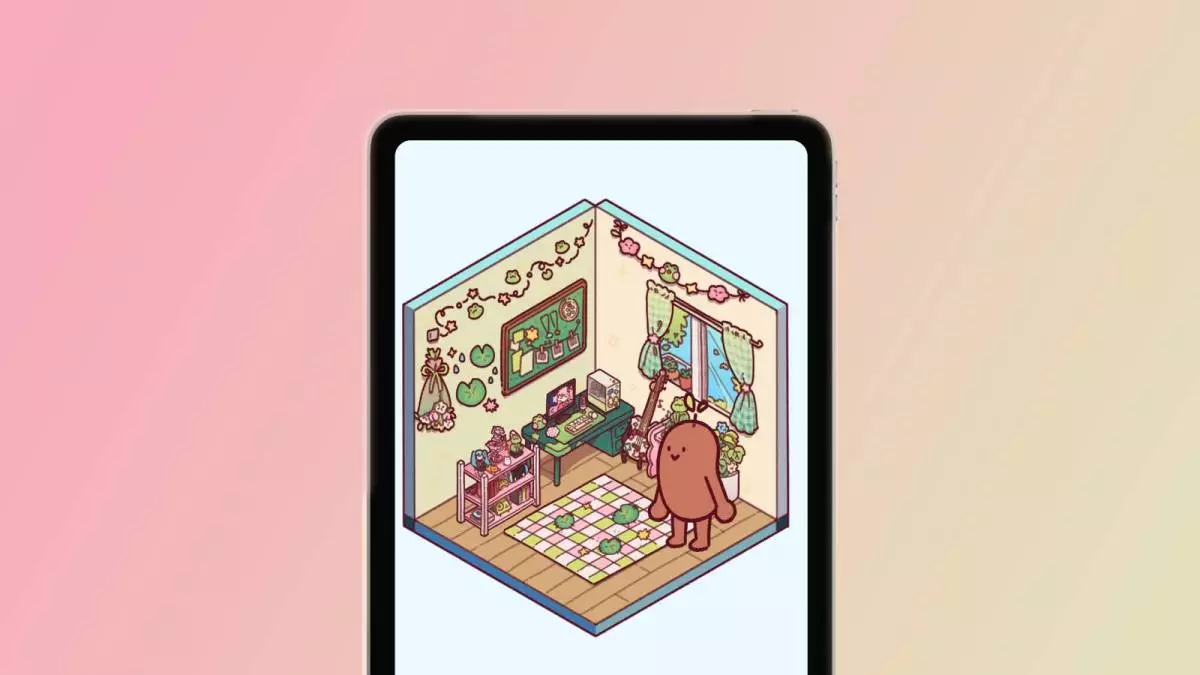In a world saturated with countless productivity tools, many tend to fall into the trap of monotony, offering little more than a timer or a checklist. Focus Friend, a fresh entrant into this crowded space, dares to challenge that paradigm by infusing a sense of whimsy and emotional connection into the act of staying focused. Unlike traditional apps that treat concentration as a dry task requiring discipline alone, Focus Friend recognizes the power of gamification and empathy, turning focus into a partnership with an adorable virtual companion.
This approach taps into human psychology—people are inherently motivated by caring for others, even virtual beings. By assigning users a small animated bean character, the app transforms an often solitary activity into a nurturing call-and-response: stay on task, and your bean survives and thrives. The emotional investment subtly pushes users to avoid distractions like social media or games, not merely because they should but because they want to see their bean succeed. This blend of accountability and affection creates a uniquely engaging environment where productivity becomes less of an obligation and more of a shared journey.
Blending Simplicity with Delightful Interactivity
What truly distinguishes Focus Friend from similar apps is its capacity to marry simplicity with delightful interactivity. Users set a goal, activate the focus timer, and the app hooks into the device’s screen time settings to block distracting apps—a standard feature for many. But the addition of a customizable virtual companion elevates the experience. Giving the bean a name and personality makes the process personal; it’s no longer just a timer, but a partnership. When users succeed, they’re rewarded with in-game points—represented by socks—that they can use to decorate their bean’s environment.
This paradigm echoes successful models like Finch, where the appreciation of a quaint virtual pet or companion serves as motivation for wholesome routines. It taps into a nostalgic desire—think Tamagotchi or digital pets—yet modernizes that experience for the digital fatigue of today’s users. The tactile pleasure of decorating a bean’s room or dressing it in fun skins transforms productivity from a chore into a creative outlet. It’s not just about abstaining from distractions; it’s about building a small, lovable world that users care for as they work.
Balancing Engagement with Commercial Realities
While the core of Focus Friend is built around free functionality, the monetization strategy reflects nuanced considerations. Premium skins and features—like scarves for the bean or specialized decorations—enhance personalization, providing users with ways to deepen their bond and invest further in their virtual companion. These aesthetic upgrades are subtle, yet they serve a larger purpose: fostering continued engagement and making the act of focus feel rewarding rather than restrictive.
Green’s expressed intention to maintain an ad-free experience is commendable, especially in an era dominated by intrusive advertising. However, sustainability remains an issue—free apps require revenue, and creative monetization through optional upgrades strikes a delicate balance. It recognizes that while users derive immense value from the playful, compassionate framework, the developers behind it need to sustain their work. The challenge lies in ensuring that this financial model does not undermine the app’s core ethos of genuine engagement and mental well-being.
Critique and Reflection: Is Play Enough to Drive Change?
Despite its innovative approach, one must question whether gamifying focus through virtual pets can generate sustainable behavioral change. The allure of cute skins and decorating a virtual space might be captivating initially, but how effective is it in fostering long-term discipline? Like many gamified health tools, there’s a risk of novelty wearing off, and users might revert to old habits once the dopamine-driven incentives fade.
Moreover, while the emotional appeal encourages sustained use, it must be supplemented by underlying strategies for genuine focus and mental health. Relying solely on external motivators—no matter how adorable—may not address deeper issues like burnout, anxiety, or attention difficulties. For some users, apps like Focus Friend can serve as a helpful starting point, but they should complement broader strategies rooted in mindfulness, healthy routines, and self-awareness.
Ultimately, Focus Friend’s true strength lies in its ability to reframe the way we perceive productivity—not as a dull obligation, but as a shared, caring act. Its success hinges on whether this playful facade can evolve into a meaningful catalyst for lasting behavioral change, or whether it merely offers a temporary, feel-good distraction. As digital wellness tools continue to innovate, balancing charm and efficacy will determine whether Focus Friend becomes a fleeting trend or a trusted ally in the quest for focus.

